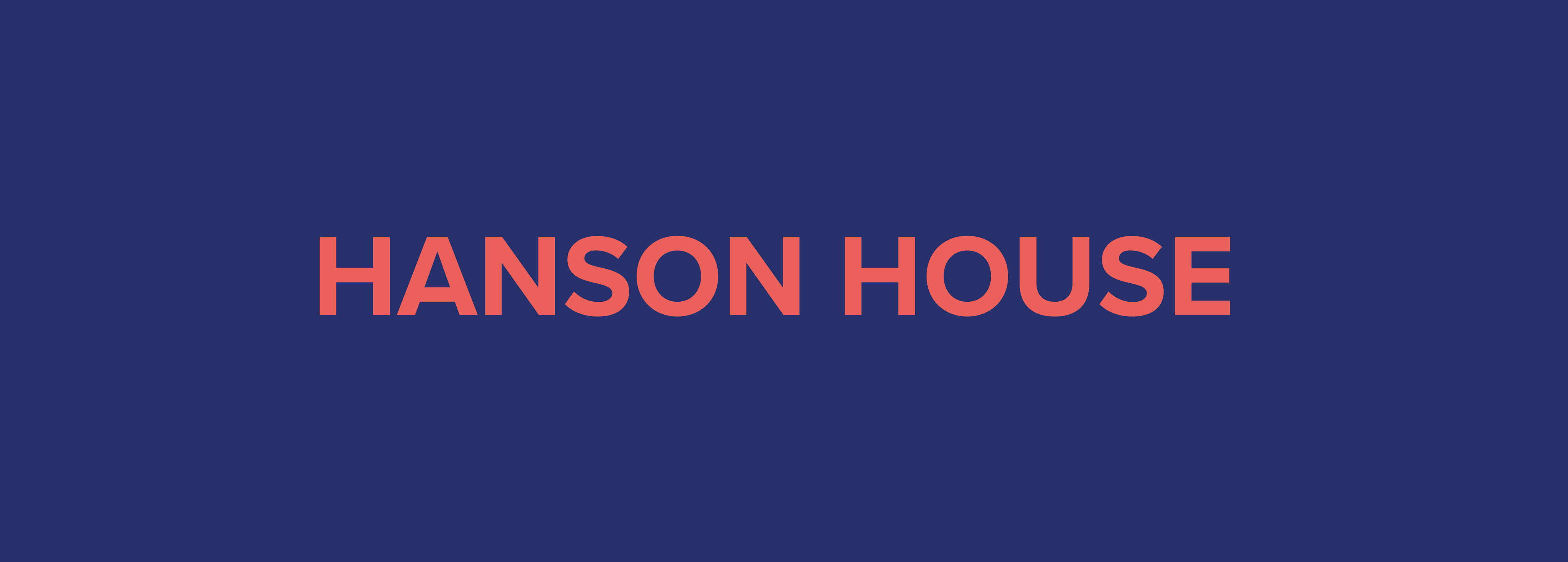When Harry met Sally, I don’t think he was aware of the eternal debate this question would pose to (mostly) women everywhere. The symphonies of hope in friends-to-lovers romcoms could either pose as a wish, or a warning. If an audience can still root for Justin Timberlake (Mr. Do-You-Know-Who-I-Am?) to find happiness amidst his ‘friendship’ with Mila Kunis in Friends With Benefits, is the promise of platonic mythical?
Often this question is posed from both angles of heterosexual relationships, can men and women be friends? The issue with this lies in the neglect to mention that, as a demographic, women are over-sexualised by men. Therefore, within the bounds of societies male gaze, can we enter into any female-male relationship without already being thought of as more than a friend? My answer, yes — if the man is already aware that this rhetoric exists. By no means does this excuse a common pattern of cheating that we are all too familiar with, either from our groups or perhaps our personal experiences. Being attracted to men and women and also maintaining friendships with both genders has broadened my horizon.
In my unbiased opinion, my friends are phenomenal women — unique and fascinating in their own way. Truly, we’re a community. I have grown up with them for the last 10 years and we often chat about different hairstyles we’ve had, contrasting senses of style and we laugh. As a self-established matriarchy, we would agree that there is an obvious absence of disrespect and consequently, unwelcome sexualisation. Where as, in our group’s friendship with its male members, we perhaps lean into the narrative of sexual tension, in order to undermine it. Mostly stemming from our mutual respect for a stereotypical good looking human, but without the draw of attraction. It probably helps that they’ve been with us in some drunkenly unflattering situations — weirdness is your friend here.
All rights to Amanda Jasnowski (2015)
As the victims of the gaze and it’s male behaviour patterns, the modern girl might take to a social platform to share a popular genre of content, a storytime, to garner support from her fellow female empathisers. Bold, statement captions can read, ‘Storytime about the time my boyfriend left me for his girl best-friend’. As women have throughout history, we have utilised our own devices to spread information with each other, specifically during periods of time where we have been excluded from the social narrative. This type of information serves as a warning for others - a guidebook of signs. But is unconscious over-consumption of this content category, making us paranoid about it?
On the slightly more toxic and unregulated side of these videos, seemingly empowering women brag about their hold over their boyfriend’s social circle. This demographic have personified judgement into the manifestation of the 'girl best-friend’, as a label of the alleged threat towards their significant other. The promotion of control over these relationships reflect nothing more than the image of patriarchy on the flip side, wherein the man is deciding the actions of his partner. Ultimately, discovering this kind of unsettling information about the person you love, can affect the way we trust going forwards, in relationships or friendships. Alternatively, letting it forever penalise your judgement could mean a missed opportunity.
Once upon a time, I had several different guy friends, whom all for different reasons walked a separate road; a few fell in love and I had to carve a path to gently send them down. Although, I still look back on them fruitfully, either within the hilarious jokes I can remember or lessons they taught me about how men think. Alongside growing up with a brother two years younger, observing them up close during my teen years allowed me to grasp the universal truths about them, which otherwise may have taken several failed relationships to learn.
Having had my own long-term relationship with my best-friend turned boyfriend, I must say the endearing stories are true. We met, grew through school together, competed academically every step of the way, and fell in love. Because we already knew each other so intrinsically, there was an abundance of space for the love to exist. Definitively, it helped me to trust him too — we saw each other for who we had been and for who we wanted to be. In a similar story to mine, my friend lost both her boyfriend and best friend in the wake of their relationship. The choice is not without its risks, but in my case, I kept my friend. He beat me at pool the other day — urgh.
As an adult, I can empathise with women wounded by ‘the best-friend’ but also cherish the value of the relationships with my male friends, as much as my female friends.
For the girls whose friend fell in love with them and they wished they hadn’t, he taught you everything you need to know, you’re just on different paths.
For those who fell in love, don’t regret it, it could be right for you.
